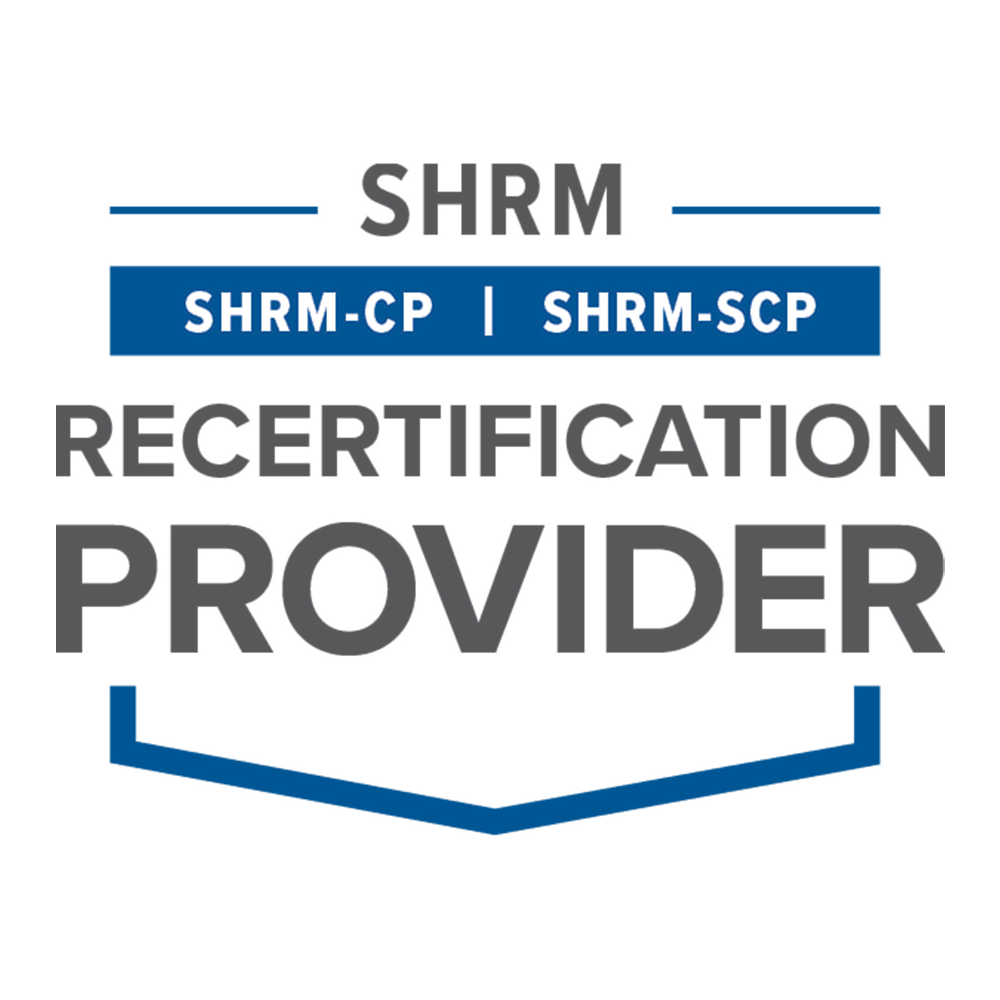
Dr. Susan Strauss
Live + Recorded
Live + Recorded

HRtrainup is recognized by SHRM to offer Professional Development Credits (PDCs) for the SHRM-CPSM or SHRM-SCPSM. This program is valid for [1.50] PDCs for the SHRM-CPSM or SHRM-SCPSM. For more information about certification or recertification, please visit www.shrmcertification.org.
When we think of workplace investigations, the most common thought is that of investigating harassment complaints. However, there are so many other forms of workplace misconduct that require investigations such as: theft, safety or OSHA issues, retaliation, vandalism, working off the clock, substance abuse, social media violations, and violations of various company policies, as examples. Usually this responsibility is left to HR, sometimes to management, and there may be a need to determine if an outside investigator, such as law enforcement or an IT professional, is the best person to investigate.
Conducting an investigation is both a science and an art. There is the scientific/technical aspect ensuring the I’s are doted and the T’s are crossed to minimize liability. And there is the ‘art’ of investigating in establishing rapport with those you interview, creating a safe environment in which to interview, and recognizing that interviewees are usually stressed during the interview process. As an employer you have a duty to investigate. Employees have an obligation to cooperate with the investigative process—but what if you have a recalcitrant complainant, wrong-doer or witness? Documentation and writing a final report are critical aspects of an investigation process which begins as soon as an employee makes a complaint—do you know how to document? Do you know the critical elements of a final report to minimize liability? One of the first questions you, as an HR professional, need to consider is whether the complaint requires a full-blown formal investigation or if a less formal resolution is appropriate because the complaint is a minor policy violation. What do you do if you need to search the employee’s desk, computer, smart phone or locker? Other questions that need to be answered are when do you include legal counsel? What evidence do you need to gather? This webinar will focus on these issues by discussing best practices to ensure you are conducting a fair and impartial investigation that will support a positive work environment, protect employees and the organization, and decrease the risk of liability.
Anyone who conducts an investigation must be trained in how to do so. Merely having the experience of conducting investigations without having been taught the art and science of the process is not enough. When your organization ensures it is investigator is trained in how to conduct investigations, it demonstrates its commitment to prevention of harassment to the Court or outside agency.
This webinar addresses laws that HR is responsible for upholding. When the laws are not followed, it increases the liability for the organization and interferes with a fair and equitable work environment for employees.
Objectives:
1. To identify what constitutes a complaint
2. To determine if an investigation is necessary
3. To discuss the steps of an investigation
4. To explore the intricacies of interviewing the accuser, accused and witnesses
5. To demonstrate good documentation
6. To differentiate between a formal and informal investigative procedures

HRtrainup is recognized by SHRM to offer Professional Development Credits (PDCs) for the SHRM-CPSM or SHRM-SCPSM. This program is valid for [1.50] PDCs for the SHRM-CPSM or SHRM-SCPSM. For more information about certification or recertification, please visit www.shrmcertification.org.

Dr. Susan Strauss
A National and International Speaker, Trainer and Consultant